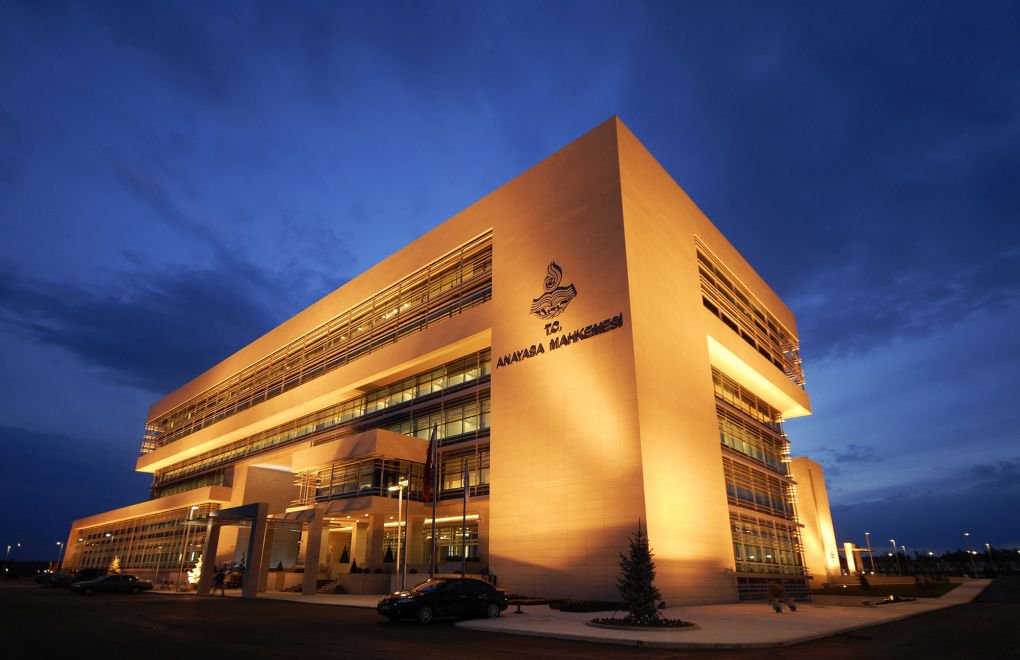Photo: AA
Click to read the article in Turkish
The Constitutional Court has concluded an application of the family of Ö.D., who was killed during clashes with security forces, alleging that his body was ill-treated.
The allegation that the body was burned after it was identified in the morgue could not be proven, the court stated the justified ruling announced today (September 15).
It ruled that the prohibition of ill-treatment in Article 17 of the Constitution had not been violated.
A member of the outlawed Kurdistan Workers' Party (PKK), Ö.D. lost his life during the clashes with the security forces in Tütenler village in Kelkit district of the northeastern province of Gümüşhane on June 17, 2010.
An autopsy on his body was performed at the Trabzon Forensic Medicine Institute. His father identified his body from the photographs taken. He had been shot in the face. The body was handed over to the family.
On October 10, 2010, the family submitted a petition to the Kelkit Chief Public Prosecutor's Office, alleging that Ö.D.'s body had burns and it was damaged after the autopsy. They also submitted the photos of the body tat were taken at the morgue.
"Non tissue samples were taken"
Upon the request of the prosecutor's office, an expert examination was carried out on the autopsy CD. While the expert did not mention the photographs submitted by the family, he reported that the death resulted from a gunshot wound and that no damage was done to the body.
Based on this report, the prosecutors gave a verdict of non-prosecution. After the Rize Heavy Penal Court rejected the family's objection, they filed an individual application with the Constitutional Court.
Ö.D.'s mother Gülli Dağhan and father Mehmet Mesih Dağhan stated that the expert examined only the images and did not compare them to the photographs taken in the morgue.
The Constitutional Court ruled on March 24, 2016, that the prohibition of ill-treatment had been violated on procedural grounds, stating that a detailed examination by taking tissue samples from the body had not been carried out.
A new investigation was opened after this judgment. Giving a statement to prosecutors, Ö.D.'s father said that he saw that the body was entirely burned when he went to the morgue for identification for the second time.
However, this investigation also ended in non-prosecution, after which the family once again applied to the top court.
"Photos don't belong to Ö.D."
In the justified decision, the Constitutional Court stated that the originals of the photographs allegedly taken in the morgue could not be found, and that the allegation that these photographs belonged to Ö.D. was contradictory and far from the truth:
"The originals or negatives of the photographs submitted by the applicants as the basis of their claims could not be obtained by the Chief Public Prosecutor's Office, despite all the investigations.
"Considering the contradictory statements of the applicant Mehmet Mesih Dağhan, it is clear that his claim that the photographs they submitted belonged to his sons deviated from reality." (AS/VK)




